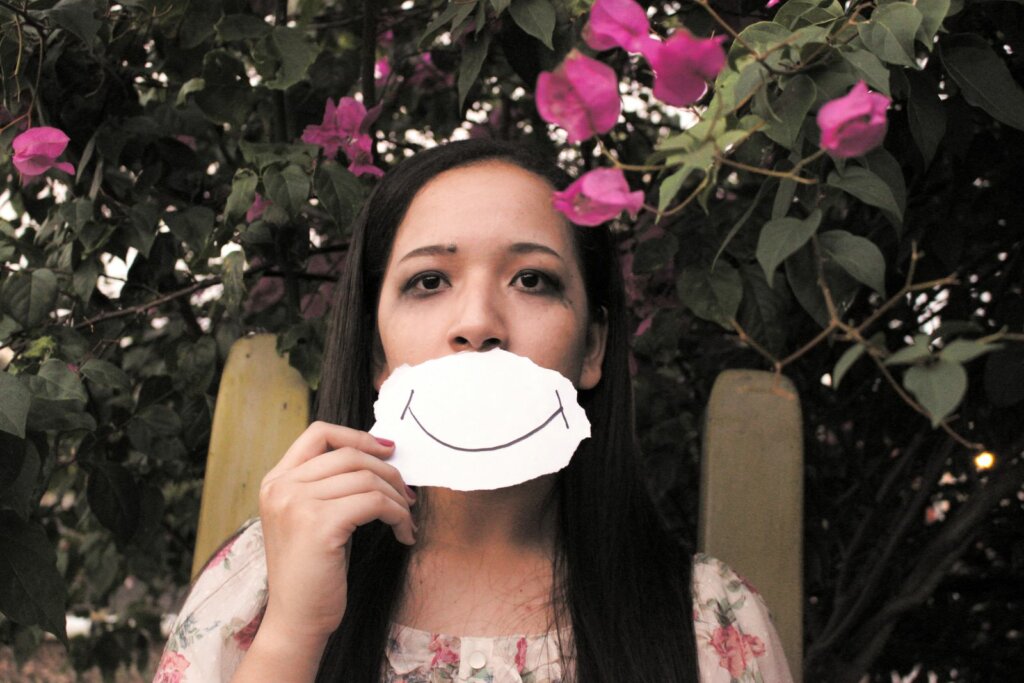Sweetness and Sorrow
I had a very extreme week. I’m working on an article about a public housing project in San Francisco beset with problems. It has rats, squatters, mold, and more. And at the same time, I’m also working on an article about a dream home in Carmel that has two outdoor kitchens, a custom six-hole putting green, and nine fireplaces.
It would be easy to say the wealthy homeowners have a better life than the people living in public housing but life is never simple like that. When I visited the housing project, I witnessed a community coming together to support one another and look out for each other. It was filled with kindness and care. Things weren’t all bad or all good.
I didn’t visit the luxury home in Carmel, nor meet the homeowners, but as we know, money doesn’t inoculate you from problems. For instance, actor Michael J. Fox was diagnosed with Parkinson’s in his 20s. As a result of the disease, he’s broken his shoulder, elbow, hand, and even his face. He told Variety, “I have aides around me quite a bit of the time in case I fall, and that lack of privacy is hard to deal with. I lost family members, I lost my dog, I lost freedom, I lost health. I hesitate to use the term ‘depression,’ because I’m not qualified to diagnose myself, but all the signs were there.”

Sweetness and sorrow can be present at the same time. Photo by Ángel López on Unsplash
Money for sure makes some things easier but nobody gets an easy, breezy life. We all experience sweetness and we all experience sorrow. I think we all want more happiness but it’s interesting to me what we do to try to achieve it. Research shows us our brains are wrong about what we think will cause happiness. We think it’s money, career success, and material objects. But it’s not. Yet, despite the lie, why do we keep heading down that track? I’m not a neuroscientist but I can tell you from a spiritual perspective that there are two forces at work in the world, vidyá and avidyá.
They could be translated into good and evil but that’s not quite right. Really, they’re about the movement toward subtlety or crudeness. Avidyá seeks to drag the mind toward crude objects and bind us to the things of this world like cars, homes, and luxury goods. It has us believing that greed, selfishness, and narrowmindedness are the best way to operate in the world. Avidyá has us forgetting that nothing comes into this world forever.
Vidyá, on the other hand, is the opposite of all that. Through intuitional practices such as prayer and meditation, we come to understand that life is better when we are generous, when we care about others, and when we try to expand our minds beyond narrow sentiments. It’s the reminder that finite objects do not bestow us with the permanent happiness we seek and instead, that’s an inside job. Vidyá reminds us that only the Divine Beloved is eternal.
Going back to sorrow and sweetness, when I turn toward a Higher Power, I understand there can be sweetness amidst sorrow and sorrow amidst sweetness. I remember that neither is in my control, not really, and they’re passing fancies. What I want, what I really, really want, only God can give me.
I dream of a world where we remember there will always be sorrow and there will always be sweetness. A world where we understand neither state is permanent. A world where we recognize we always have a choice of moving toward subtlety or toward crudity. A world where we understand it’s only in subtlety that we’ll experience the bliss that we seek.
Another world is not only possible, it’s probable.

